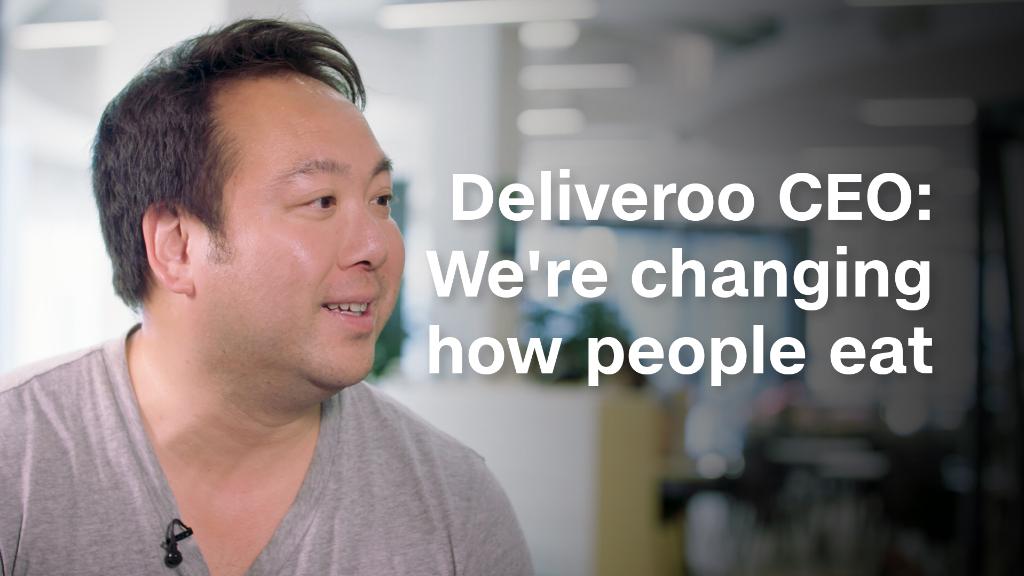

If she had been at her previous job, she could've gone on disability or unemployment insurance. But as a freelancer, she had no safety net. She had to lean on her mother's help to pay for medications, and clear our her retirement account to stay afloat.
"I needed something in the in-between," says Wooling, now 42 and living in Atlanta. "In times like that, it would be great to have just enough to make it through."
For the nation's growing ranks of freelancers, there are no laws guaranteeing unemployment insurance, workers' compensation, paid time off or employer-provided health care. But thanks to a handful of businesses and nonprofits, more affordable options are starting to emerge.
Wooling is particularly interested in an upcoming service called Trupo, which offers disability insurance on a sliding scale — the more you pay, from $20 to $50 a month, the better coverage you get. The contracts are month-to-month, and can be ramped up or down as needed. Wooling appreciates that flexibility, and the extra bit of security it offers.
"I can't sign up for something where I'm going to be locked into a fee every month for a year," Wooling says.
Trupo is the project of Sara Horowitz, the founder and former director of the New York-based Freelancers Union, which started offering health insurance plans for independent contractors years before the Affordable Care Act made them more broadly available.
After conducting focus groups with freelancers, Horowitz decided to launch a short-term disability insurance product that will cover up to half of an independent worker's typical income in the event of a serious injury or illness. The company is partially owned by the Freelancers Union, and backed by the Silicon Valley venture capital firm Sequoia Capital.
"Freelancers fall outside the regular insurance world, because those worlds expect you to have a normal income," Horowitz says. "People are going into credit card debt, moving back in with a parent, because something you should just be able to handle, like a hiccup, turns into a catastrophe too fast."

Millions of American workers don't have access to health insurance through an employer. According to the Bureau of Labor Statistics, that applies to three out of four people who work for contract and temporary help agencies as their main job, as well as 10.6 million people whose primary source of income is independent contractor work.
The Affordable Care Act helped reduce the nation's uninsured rate by mandating that nearly everyone have health insurance or face a penalty, beginning in 2014. It also created coverage options suitable for freelancers. However, the new tax law will eliminate the penalty for not having insurance starting in 2019, and premums have been rising rapidly.
For several years now, gig economy companies have joined up with policy wonks at think tanks like the Aspen Institute and New America Foundation to push for reforms that might allow more 1099 workers access to benefits available to regular employees. But there's been little meaningful action.
In an attempt to provide some coverage, online labor platforms including Uber, Postmates, and Wonolo have partnered with benefits startups like Stride Health, Zego, and Bunker to help workers find insurance, according to the venture capital research firm CB Insights. They've hesitated to offer much more than that though, out of concern that providing benefits might lead these workers to be classified as employees under either federal or state laws. That could end up costing them a lot more because of the broader suite of benefits to which employees are entitled.
Large insurers have had their eye on the freelance workforce. Some cater to it by offering products through specialized brokers that work with gig platforms, but they have yet to jump into the market on their own because it's not clear the freelancer market can deliver a return.
Prudential, for example, published a report on gig workers last year that found they are generally less financially secure than full-time employees. The insurer says it has since set up a research and development team to design products tailored to people who have intermittent income.
Gene Zaino is CEO of MBO Partners, which helps companies manage their independent contractor workforces, has watched how freelancers navigate the insurance market. He says the problem is those who buy optional coverage are often the people who need it most — either because they are older or dealing with an illness — so they end up being more expensive to insure.
"When you don't have a defined group, and you don't force everybody to buy insurance, you tend to have a situation that's a death spiral," Zaino says. "The big problem is health insurance, and there's not a great solution for it."
It's especially challenging to serve the very low-income population of in-home service workers. That's why the National Domestic Workers Alliance recently launched a platform called Alia, which allows employers to voluntarily add $5 on top of the regular fee they pay for house cleaning. Cleaners can then use those dollars for a range of benefits, including paid time off and disability insurance.
To NDWA's Palak Shah, it's similar to the relationship that exists for regular employees, where employers share the cost of providing insurance and sick leave to keep small problems from turning into big ones.
"Part of what we're trying to do is preserve the idea that there's a role for everybody to play in ensuring that workers have benefits and basic protections," Shah says. "And what we've learned is that employers want to do their fair share."
So far, Alia only has a few hundred cleaners on the platform, but Shah sees it expanding to other sectors beyond home cleaning once the kinks are worked out.
The project is partially funded by Google's charitable arm, Google.org, which along with the Rockefeller Foundation also supported a pilot program run by the nonprofit Workers Lab that aims to help businesses provide quick cash assistance to both 1099 contractors and regular employees in the event of an emergency, like a lost phone or a car breakdown.
"There aren't any non-predatory ways to get people that emergency chunk of money," says Carmen Rojas, CEO of the Workers Lab. "We see this as an attempt to recast expectations around a 21st century safety net."
Both of these programs depend on the goodwill of employers who want to participate, which will ultimately leave many workers on the sidelines.
Nyasha Wooling knows she may not always be able to afford Trupo, just like she now can't afford to buy her own health insurance.
But it's better than nothing. "Maybe it is time," she says, "because the government isn't doing anything to help."